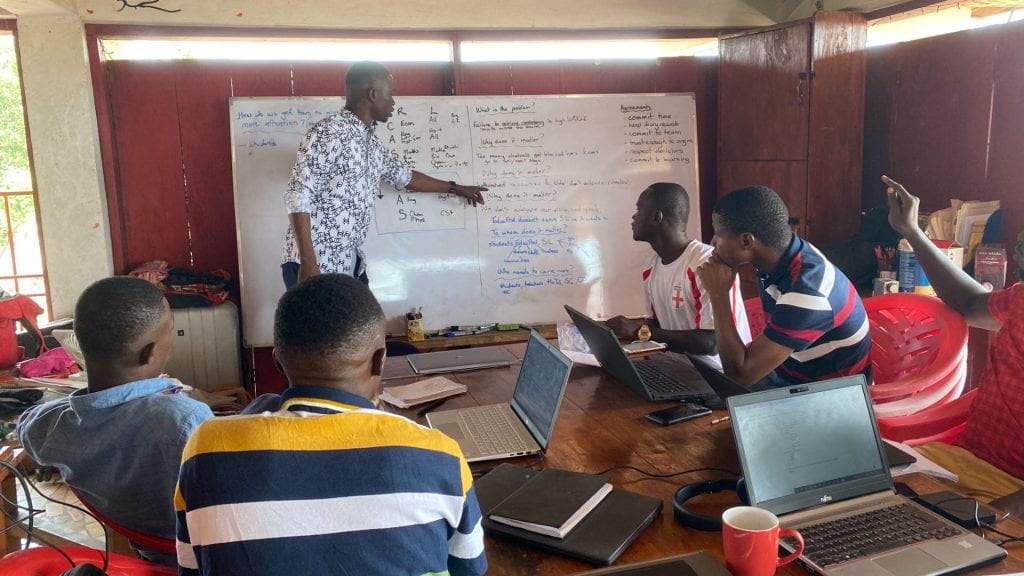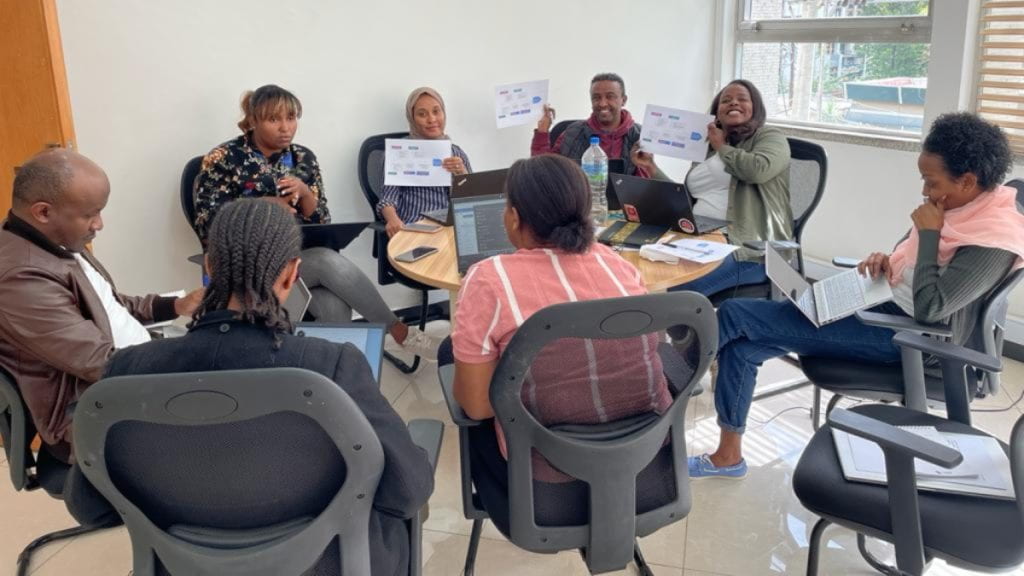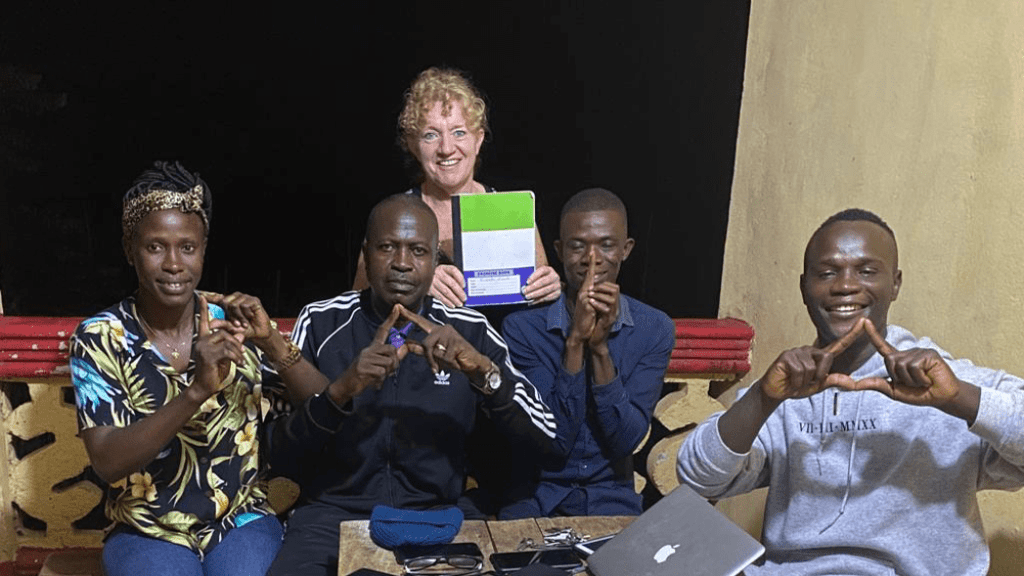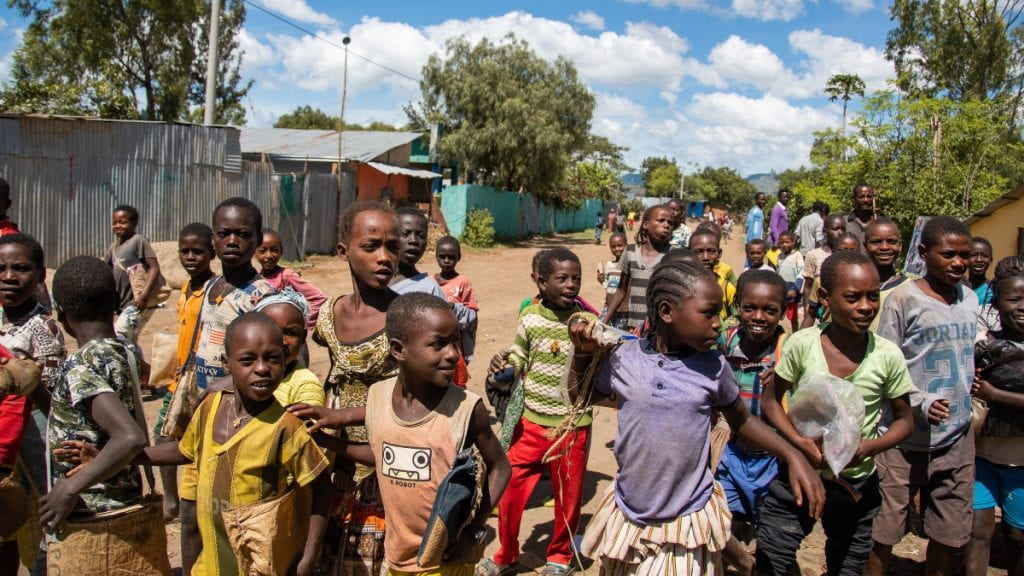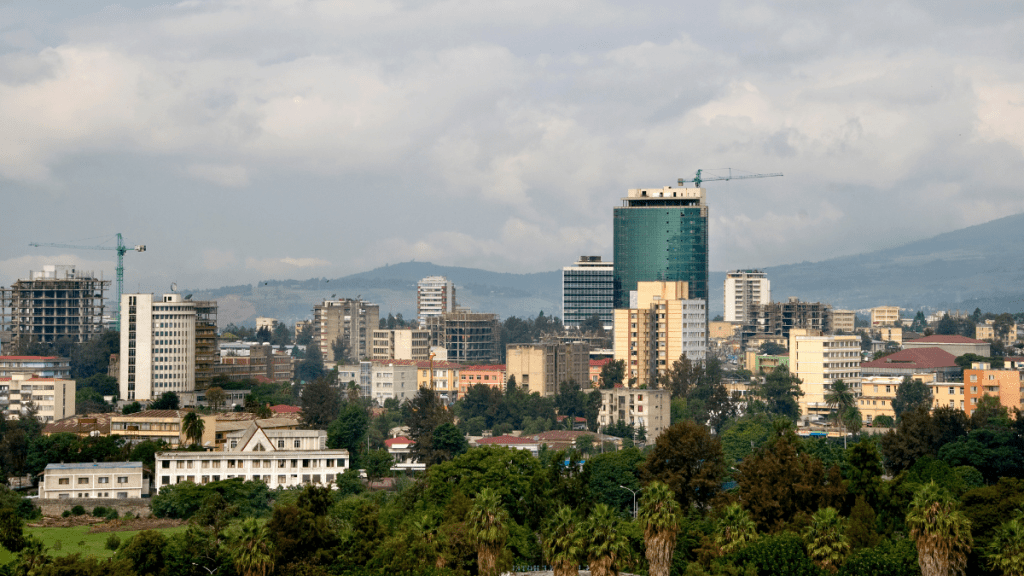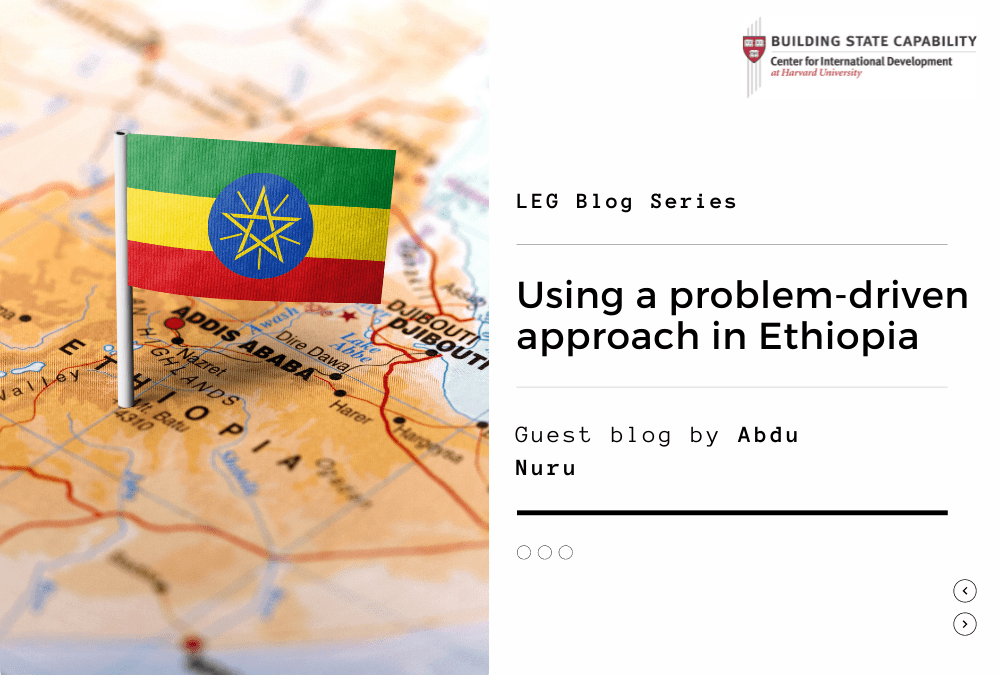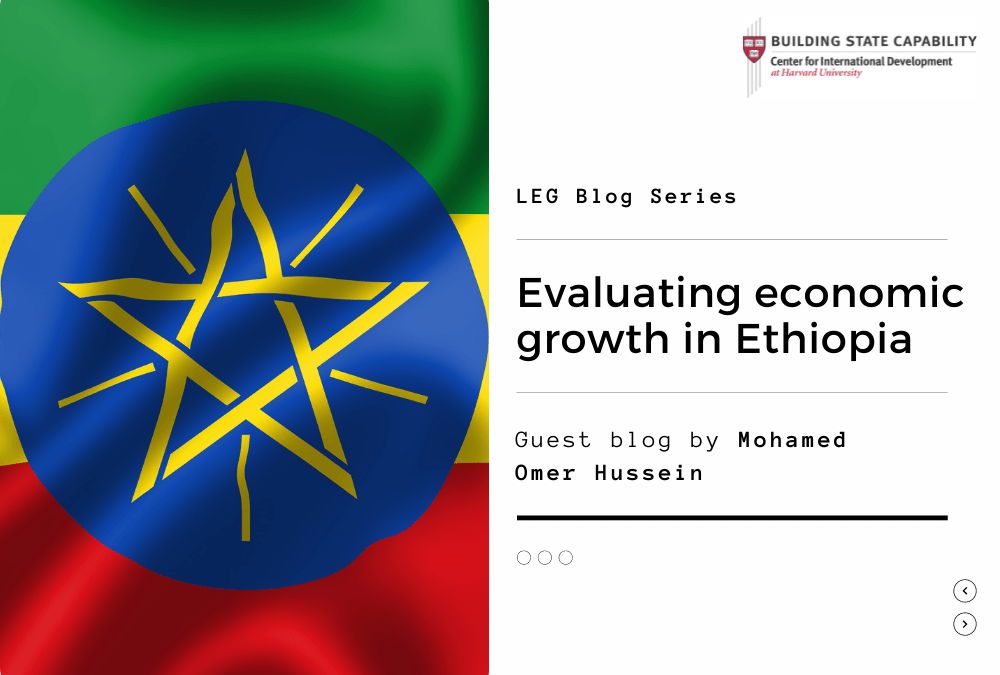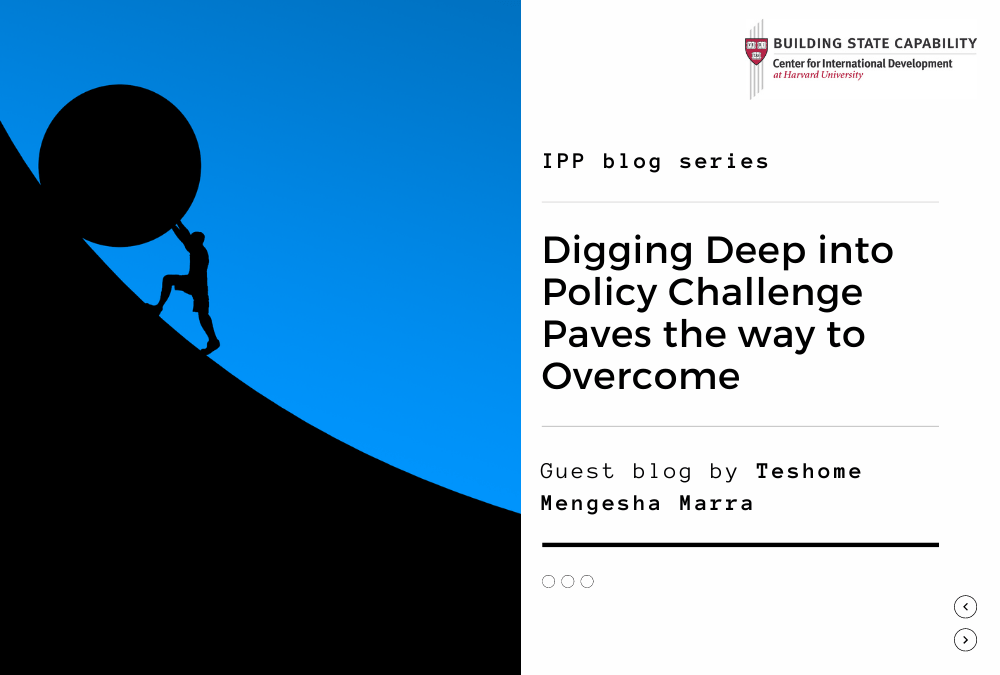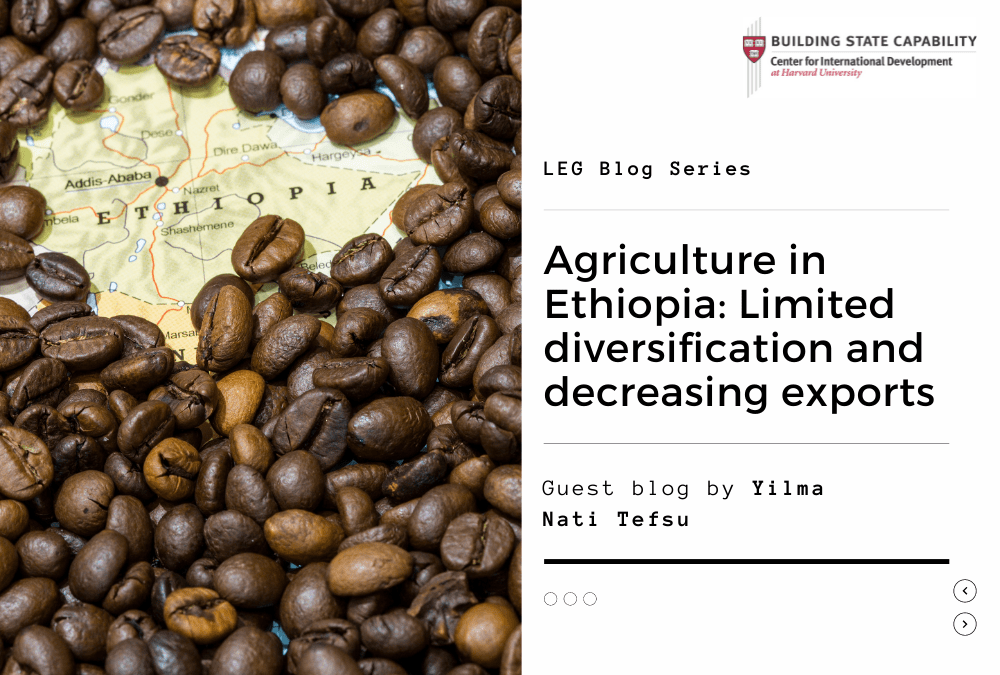BSC has been exploring how the PDIA methodology can help build capability to improve the implementation of education policies and programs. In 2022, the team developed a custom PDIA for Education Systems online action learning program for Education Development Trust (EDT), funded by United Kingdom’s Foreign Commonwealth and Development Office (FCDO). The goal of this…Continue Reading Applying PDIA to Education Systems
Applying PDIA to Education Systems
